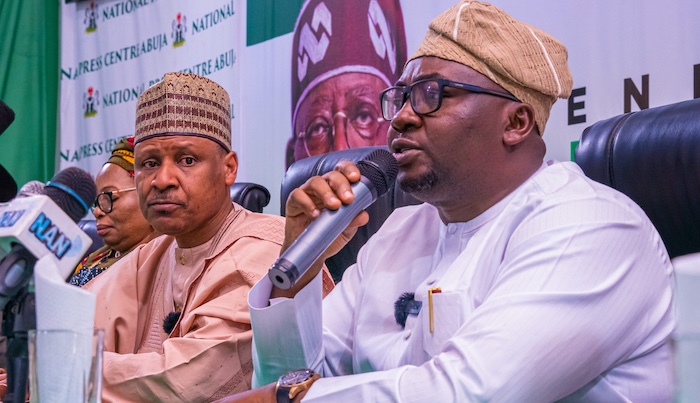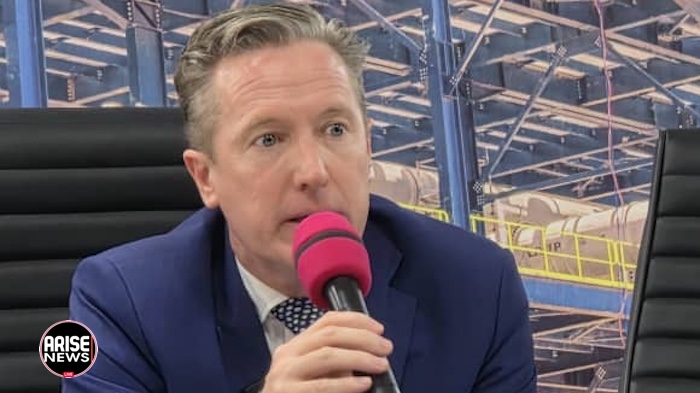
The federal government has said that foreign loans secured to develop the power sector must drive local investment, enhance Nigeria’s competitive edge as well as provide jobs for Nigerians.
Adedayo Olowoniyi, the Chief Technical Assistant (CTA) to the Minister of Power, Adebayo Adelabu, who spoke in Abuja during a breakout session on the second day of the Nigeria Renewable Energy Innovation Forum (NREIF), cautioned against rabid importation that does not add value to the sector.
At the event which was organised by the Rural Electrification Agency (REA), Olowoniyi argued that there was the need to encourage local production of solar energy products in Nigeria.
Olowoniyi said it was very critical that when the government funds a subsidy programme, it should drive access, noting that the procurement of the assets should be used in a way that will benefit the entire power sector value chain.
“We must consume what we produce in Nigeria. For too long in Nigeria, we have believed in importation. We have seen the damage that importation also does to our currency,” he stated.
According to him, providing access to energy with reliance on importation will deny Nigeria industrialisation and job creation. “One thing we must not do is to use the foreign loans to further develop other people’s countries. It’s not logical. So we must do things in a very logical way and need to have the right competitive advantage.
“I am not saying we must produce everything. But the energy produced must drive industrialisation. The capital that the government is bringing in must drive jobs and that must drive economic development,” he argued
While stressing that provision of energy should be linked to industrialisation, he said that this will lead to the growth of the sector. He also underscored the need for capacity development.
“People just don’t consume energy because they want to consume energy. They consume additional energy because of economic capacity. So we must ensure that through this process of energising Nigeria, we must provide jobs, we must increase the income of our people so that they can actually capitalise on the provision of energy.
“So from the Ministry of Power, our focus has been, we need to localise. Nigeria’s first policy is great. You look at India, you look at a lot of markets that have also provided access to their people. They have actually done it by their local industry. You look at China. They are producing a lot of what they use for their construction. So we have to move away gradually from importation. Of course, we need to have the right economies of scale,” he said.
Also speaking, the pioneer Chief Executive of the Nigerian Bulk Electricity Trading (NBET), Rumundaka Wonodi, recalled that despite record investment in global renewable energy space in 2024, Africa got only $40 billion, representing 2 per cent of the total sum.
Wonodi noted that Africa is still lagging behind with the deployment of renewables, calling on the panelists to deliberate on how Nigeria can unlock its investment potential in the renewable energy sector.
On his part, the Chief Executive of InfraCorp, Dr Lazarus Angbazo, said that there was lack of equity in funding for local investors, adding that inability to access funding in local currency portends danger as funding through foreign currency is not sustainable.
“So in essence, what Infracorp is really focused on trying to do across the different infrastructure verticals, not just the energy one, is to create a market support for sustainable investments in the infrastructure space,” he stated.
The Speaker of the House of Representatives, Tajuddeen Abbas, represented by Rep Shina Oyedeji, said the house has done much on local content, manufacturing, and access to finance for renewable energy equity funds and credit guarantees.
He advocated that renewable energy courses should be integrated into the universities, polytechnics and other tertiary institutions.
Emmanuel Addeh



